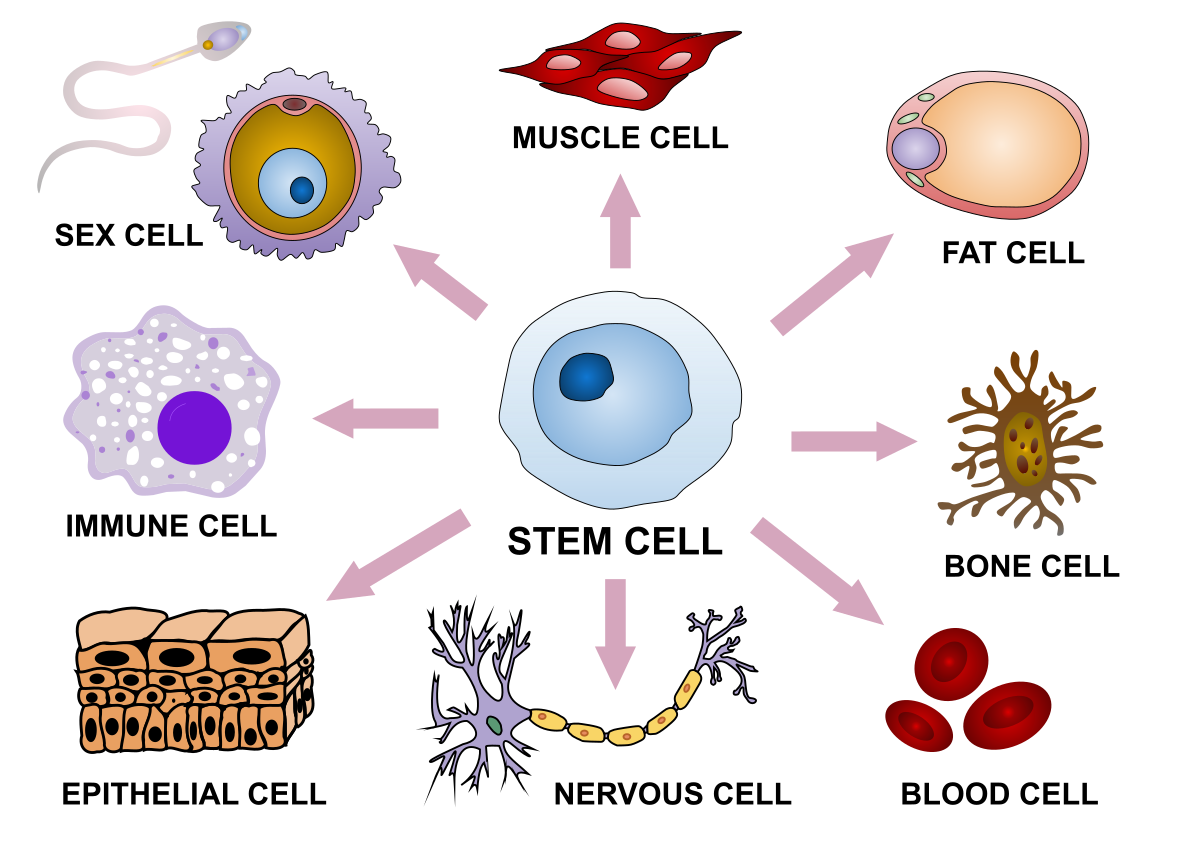Cellular Differentiation: The Process of Specialization in Cells
Understanding Cellular Differentiation
Cellular differentiation is a fundamental biological process that occurs in living organisms. It refers to the process by which unspecialized or less-specialized cells acquire specialized structures and functions.
Types of Cellular Differentiation
There are two main types of cellular differentiation:
- Cellular differentiation involves the gradual transformation of a stem cell into a more specialized cell type.
- Terminal differentiation involves the final stage of cellular differentiation, where a stem cell commits to a specific lineage and cannot revert back to an unspecialized state.
Mechanisms of Cellular Differentiation
Cellular differentiation is controlled by a complex interplay of genetic and environmental factors. Genes play a vital role in determining the fate of a cell, while environmental signals can influence the expression of these genes.
Differentiation involves changes in gene expression, which lead to the production of specific proteins and structures that define the specialized function of the cell.
Importance of Cellular Differentiation
Cellular differentiation is essential for the development and maintenance of multicellular organisms. It allows for the formation of specialized tissues and organs, each with unique functions that support the overall functioning of the organism.
Examples of cellular differentiation include the development of nerve cells, muscle cells, and blood cells.
Conclusion
Cellular differentiation is a complex and fascinating process that underlies the remarkable diversity of cell types in living organisms. Understanding the mechanisms of cellular differentiation is crucial for advancing our knowledge in fields such as regenerative medicine and tissue engineering.


تعليقات